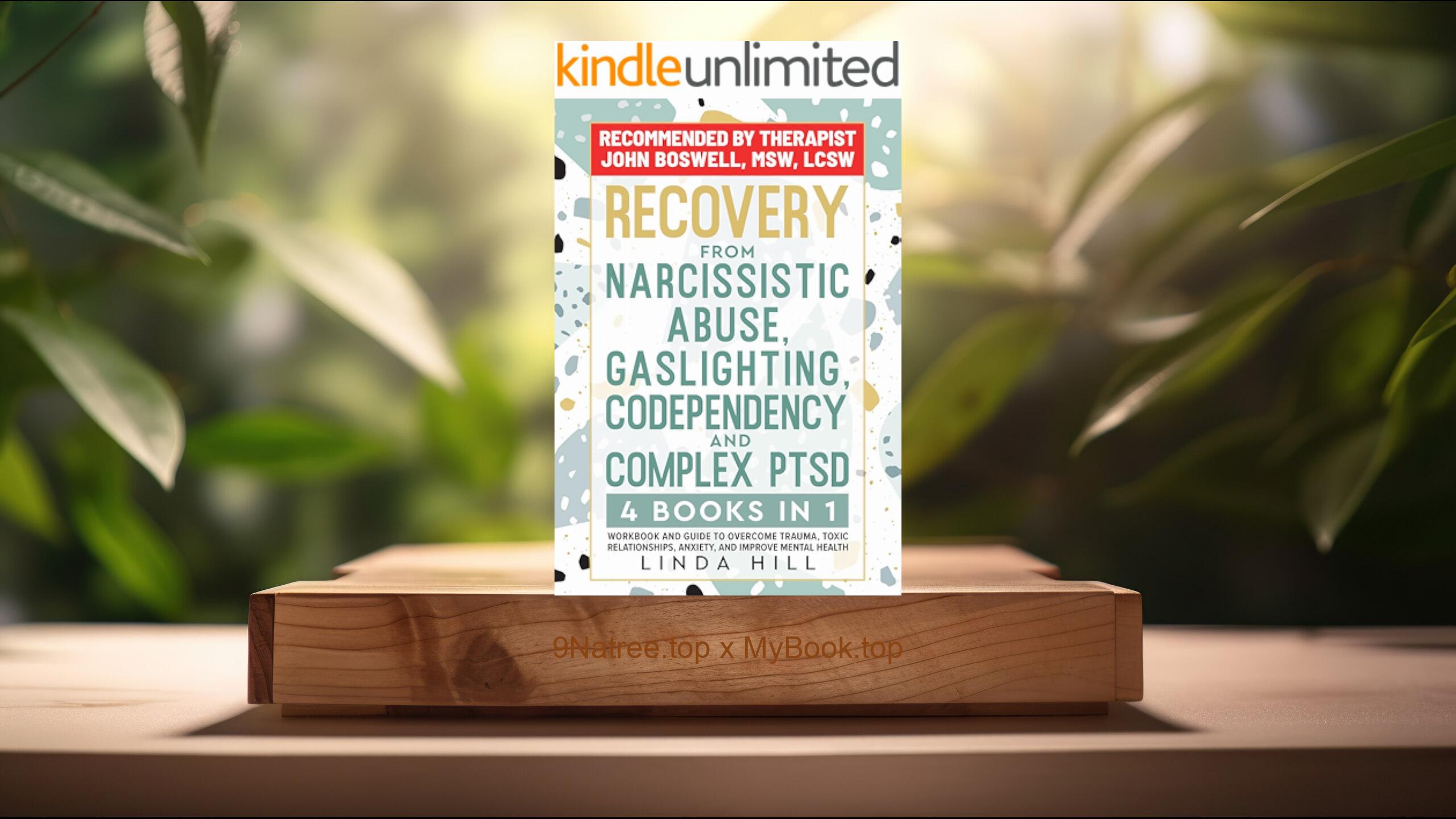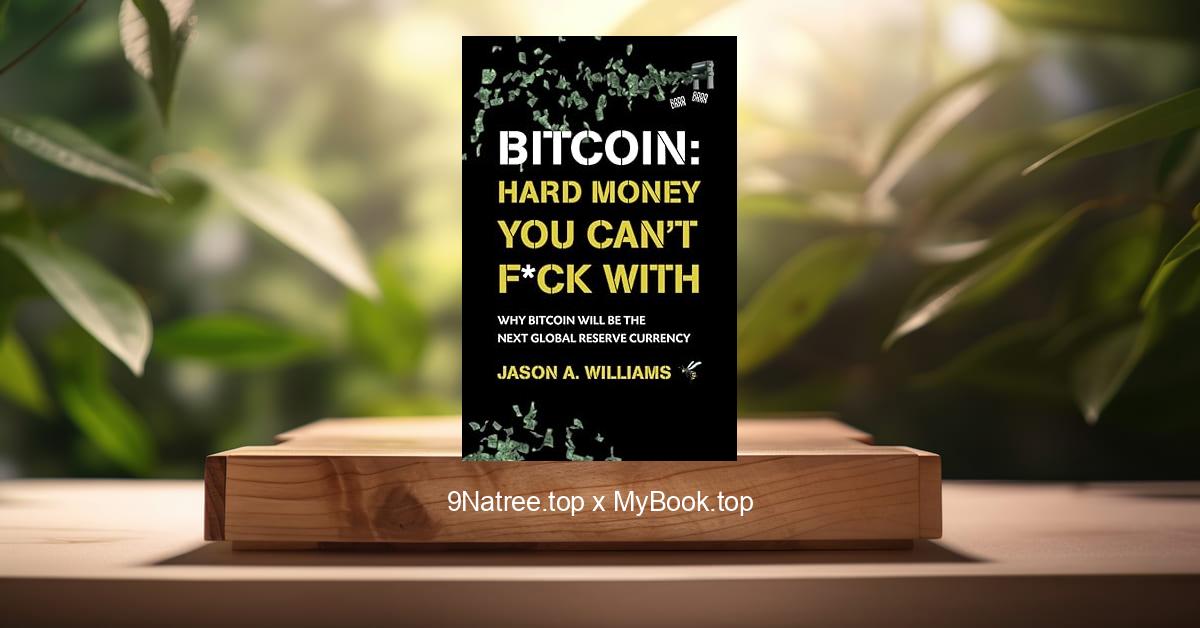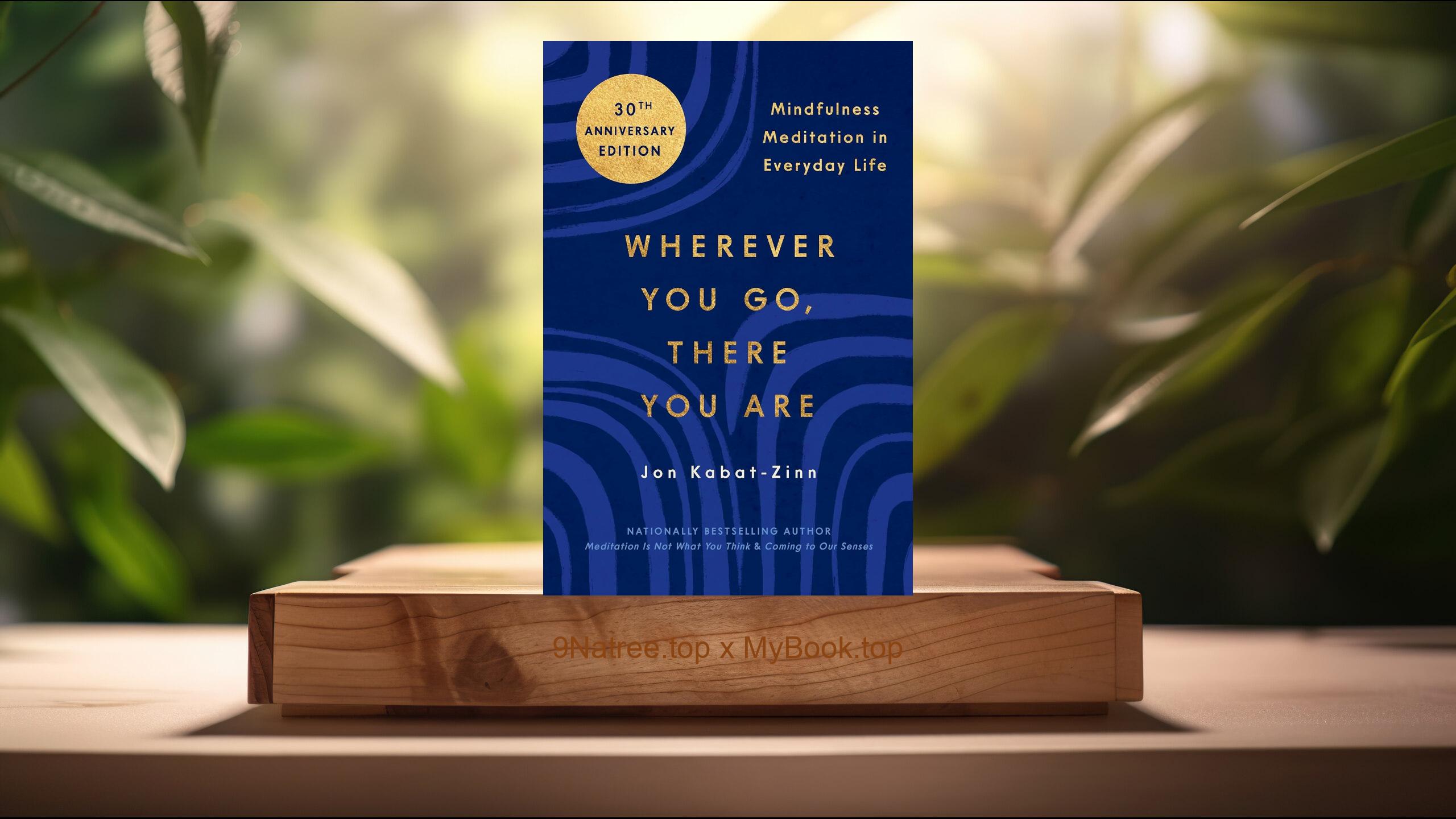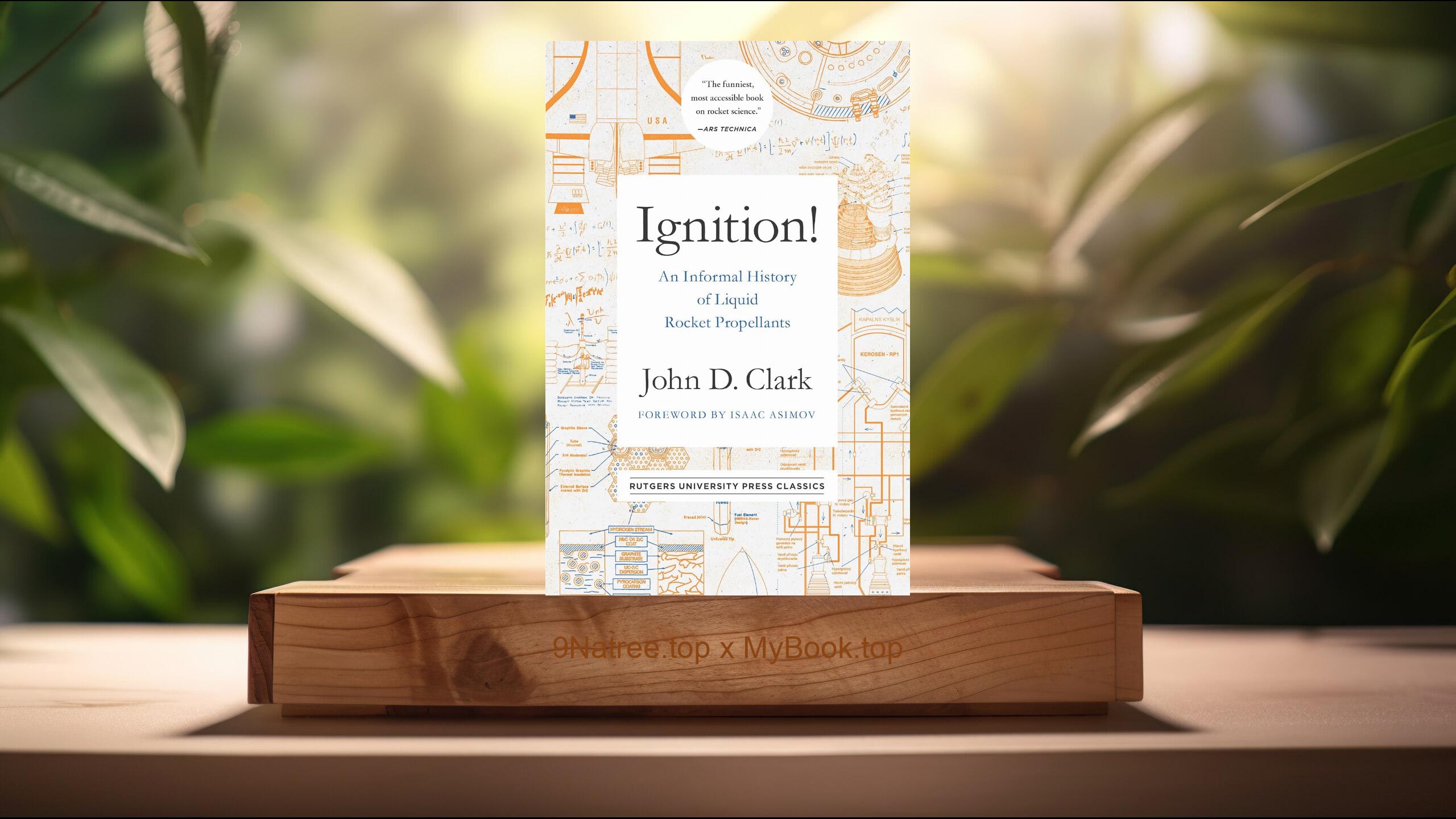Show Notes
- Amazon US Store: https://www.amazon.com/dp/B07KKLGYWF?tag=9natree-20
- Amazon Worldwide Store: https://global.buys.trade/The-Science-of-Self-Learning-Peter-Hollins.html
- Apple Books: https://books.apple.com/us/audiobook/the-science-of-self-learning-how-to-teach/id1446110628?itsct=books_box_link&itscg=30200&ls=1&at=1001l3bAw&ct=9natree
- eBay: https://www.ebay.com/sch/i.html?_nkw=The+Science+of+Self+Learning+Peter+Hollins+&mkcid=1&mkrid=711-53200-19255-0&siteid=0&campid=5339060787&customid=9natree&toolid=10001&mkevt=1
- Read more: https://mybook.top/read/B07KKLGYWF/
#SelfLearning #Metacognition #DigitalResources #MemoryTechniques #LearningStrategies #PersonalizedLearningPlan #CognitivePsychology #LifelongLearning #TheScienceofSelfLearning
These are takeaways from this book.
Firstly, The Pillars of Self-Learning, Hollins establishes early on that successful self-learning rests on two foundational pillars: curiosity and discipline. Curiosity propels learners to explore new fields and challenge their understanding, acting as the spark that ignites the desire to learn. Discipline, on the other hand, is the engine that drives this process forward, ensuring consistency and perseverance even when motivation wanes. Together, these qualities form the bedrock of an effective self-learning strategy, enabling individuals to navigate their educational journeys with purpose and resilience. This section does not just define these concepts in the abstract but offers readers actionable strategies for cultivating both in their daily lives. It’s a roadmap for transforming curiosity from a fleeting impulse into a sustained quest for knowledge, and discipline from a daunting challenge into a manageable routine.
Secondly, The Role of Metacognition, Metacognition, or thinking about one’s own thinking, is presented as a critical tool for enhancing learning efficiency. By encouraging readers to become more aware of their cognitive processes, Hollins emphasizes the importance of reflecting on how we learn, not just what we learn. This involves developing a keen sense of self-awareness regarding our learning habits, preferences, and obstacles, allowing for more targeted and effective learning strategies. Detailed exercises guide readers through the process of setting learning goals, monitoring progress, and adjusting techniques as needed. This self-reflective practice not only boosts learning efficiency but also fosters a deeper, more personal connection to the material being studied, enhancing both comprehension and retention.
Thirdly, Leveraging Digital Resources, In today’s digital age, the internet and various technological tools offer unprecedented access to knowledge. Hollins provides a curated guide to navigating the vast array of digital resources available for self-learners, from online courses and academic journals to forums and digital libraries. He stresses the importance of discerning high-quality, credible sources from the sea of information online to ensure accurate learning. Further, the text explores how to effectively use these resources to complement personal learning goals, including how to organize and prioritize digital content, fostering a balanced digital learning environment that supports sustained self-education.
Fourthly, The Science of Memory, Understanding how memory works is crucial for efficient learning. Hollins delves into the cognitive science underpinning human memory, elucidating how learners can enhance retention through techniques such as spaced repetition, active recall, and the utilization of mnemonic devices. This section breaks down complex neurological concepts into understandable terms, providing a practical guide to hacking one’s memory for better learning outcomes. It's a compelling look at how we can avoid the frustration of quickly forgotten information by implementing strategies that align with the way our brains naturally process and store data.
Lastly, Crafting a Personalized Learning Plan, Ultimately, the culmination of Hollins’ insights is the creation of a personalized learning plan. This comprehensive approach considers the individual’s goals, strengths, weaknesses, and lifestyle to craft a strategy that is both ambitious and achievable. The section outlines how to set realistic objectives, choose resources, and schedule learning activities in a way that fits into one’s personal and professional life. By making self-learning a structured yet flexible part of daily routine, Hollins provides a framework for continuous growth and development that can adapt to any subject area or skill set.
![[Review] The Science of Self-Learning (Peter Hollins) Summarized](https://episodes.castos.com/660078c6833215-59505987/images/1786841/c1a-085k3-v61donpxf98n-7vlger.jpg)




